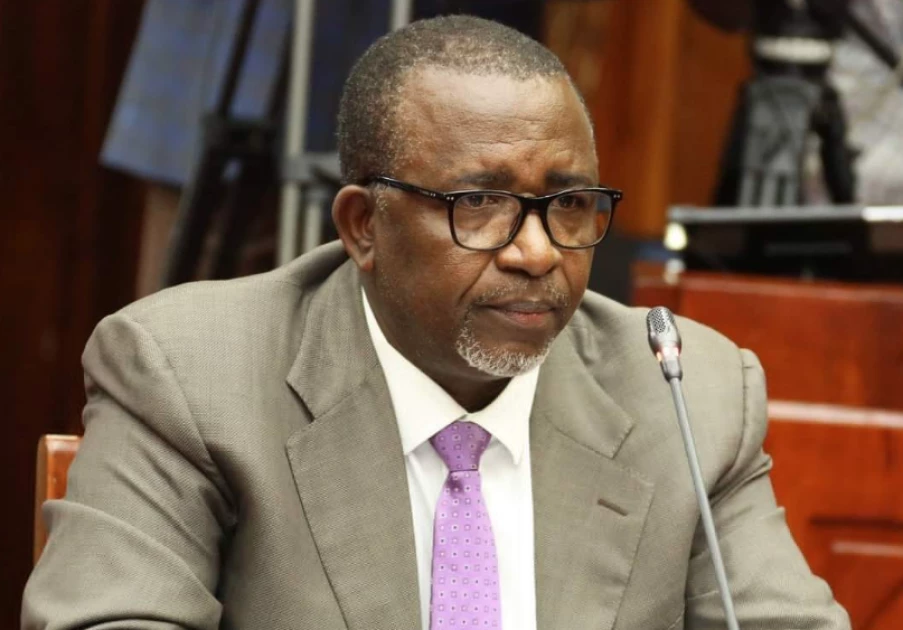Former Mandera Senator Billow Kerrow has alleged that the Executive influenced the outcome of the impeachment motion against Agriculture Cabinet Secretary Mithika Linturi. On Monday, a special committee in the National Assembly, tasked with probing the impeachment, cleared CS Linturi of any wrongdoing, stating that the motion's grounds were unsubstantiated. The committee's decision saw seven out of eleven MPs vote in favor of saving Linturi.
Kerrow claims that President William Ruto, whose Kenya Kwanza Alliance MPs formed the majority in the committee, guided the votes against the impeachment motion. On Tuesday, during an interview on Citizen TV's Daybreak program, Kerrow pointed to the attitudes of President Ruto and National Assembly Majority Leader Kimani Ichung’wah as indicators that the impeachment would not succeed.
"The verdict of the committee is not surprising. It was evident that the government would not allow an impartial process. The majority leader did not seem to support the decision by 149 MPs," Kerrow remarked, referencing Thursday's vote in the National Assembly that led to the formation of the investigative committee, with 149 members in favor and 36 against.
Kerrow further criticized the CS's continued participation in government and State House meetings, suggesting that the president should have barred Linturi from attending due to the corruption allegations. He argued that the committee's decision was an attempt by the Executive to protect one of their own.
"There is always political maneuvering in such cases. People follow cues from the Executive," Kerrow asserted.
The committee's decision has stirred controversy in Parliament, with opposition MPs accusing it of corruption and misconduct. Conversely, Kenya Kwanza legislators defended the verdict, arguing that the impeachment motion lacked sufficient evidence to warrant Linturi's removal.
The impeachment motion, initiated by Bumula MP Jack Wamboka, cited three main grounds for Linturi's ouster: gross violation of the Constitution or any other law, serious reasons to believe the CS had committed a crime under national law, and gross misconduct. The allegations particularly focused on the procurement and distribution of government-subsidised fertilizer, which is currently under investigation for concerns of being counterfeit.

